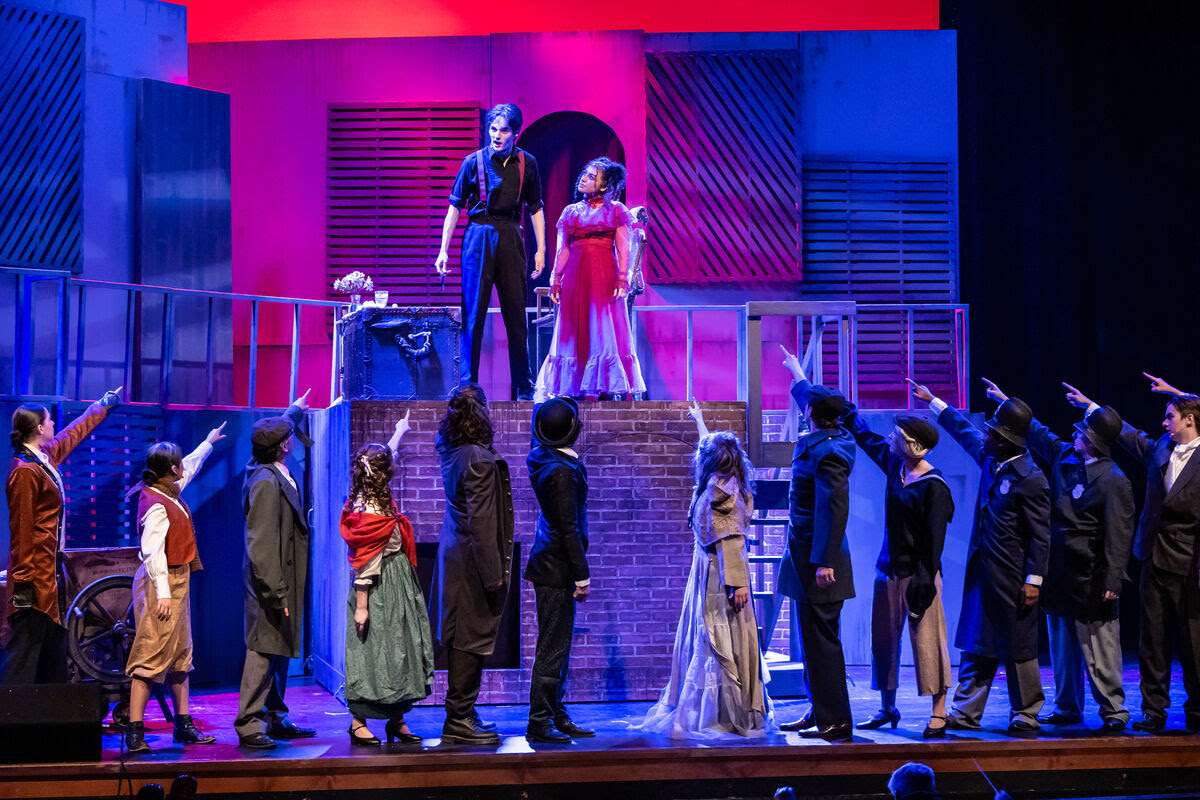This semester, Lake Oswego High School enforced a no-drop policy, meaning that students must remain in the courses they select during forecasting, even if they later realize it does not suit them. This decision was followed by the announcement of the budget cut, leading the administration to enforce the policy more strictly. This will, in turn, influence the courses available next year.
According to Assistant Principal Jason Hohnbaum, “While budget constraints do influence the courses available next year, our primary focus is to ensure that students recognize the significant impact their course selections have on our master schedule and overall class offerings. In other words, when students drop classes, it disrupts the schedule leading to overcrowding in the study halls, which have now moved to the cafeteria, and could lead to courses being canceled if lower than 25 students.”
As much as I understand that the administration sees this as an efficient step, the policy is going to hurt more students than it will help. In high school, we are encouraged to try new things and explore different interests that can help guide us toward main interests that we may want to pursue. However, this policy actively traps students into decisions they make months prior, discouraging them from stepping out of their comfort zone and forcing them into a class that they choose under the pressure of forecasting. Then what? If a student decides that the class they choose is too difficult for them, unexpected in some way, or just not a right fit, they are forced to just tough it out. This affects students’ passion for learning, their GPA and their own mental health as they struggle through the class. The policy just feels like a punishment for those who want to try new things.
The real problem is the pressure of forecasting. Many students do the necessary research to decide their classes and try to make the ideal schedule for themselves, but the reality is students almost never make perfect decisions for their schedules. While I understand that students have the opportunity to do research, talk to teachers and students in the courses and speak to counselors, the truth is you never really know what the best fit for you is until you are in that classroom learning. So is it really fair for students?
I suggest that a better solution to the no-drop policy is to be more flexible for the first week of school, allowing students to switch courses only with imperative reasoning. Without this grace period, the policy discourages educational curiosity and puts stress on students. I think that students should get a say in how policies that affect our education work , especially if they are intended to help us.


